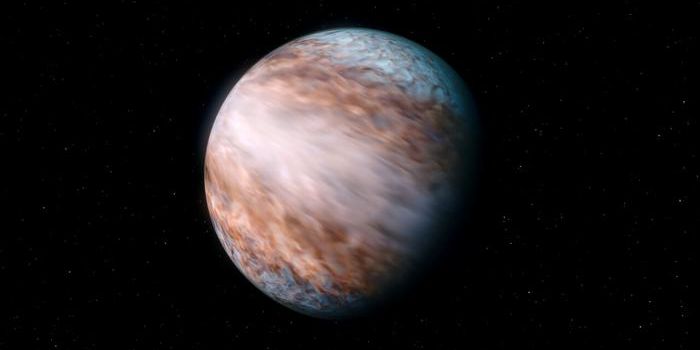How Space Flight Alters Kidney Structure and Function
How can long-term space flight influence astronaut health, and specifically their organs? This is what a recent study published in Nature Communications hopes to address as a large team of international researchers conducted the most comprehensive study regarding astronaut kidney health and how it’s affected from both microgravity and galactic cosmic radiation (GCR) during long-term space missions. This study holds the potential to help astronauts, space agencies, medical professionals, and the public better understand the health risks associated with sending humans to other worlds, specifically to Mars.
“We know what has happened to astronauts on the relatively short space missions conducted so far, in terms of an increase in health issues such as kidney stones,” said Dr. Keith Siew, who is a Research Fellow in the Department of Renal Medicine at the University of College London (UCL) and lead author of the study. “What we don’t know is why these issues occur, nor what is going to happen to astronauts on longer flights such as the proposed mission to Mars.”
Aside from the 24 Apollo astronauts who traveled to the Moon, with 12 of them walking on the surface, nearly all human space travel has been limited to low-Earth orbit (LEO), totaling almost 700 people having traveled to space. During this time, they are protected by the Earth’s magnetic field, which shields them from harmful solar and cosmic radiation that could cause potentially irreparable harm to their health.
However, with NASA and other space agencies planning to return humans to the Moon in the next few years, and Mars within the next decade, questions have arisen regarding how traveling outside the Earth’s magnetic field could have on the long-term health of the astronauts, specifically pertaining to their kidneys.
For the study, the researchers analyzed data from 20 subjects comprised of humans and mice who had been to space, with some of the mice participating in simulated trials on Earth while most traveled to the International Space Station. The goal of the study was to ascertain how microgravity and GCR influenced kidney function over long periods of time, simulating long-term space missions to the Moon and Mars.
In the end, the researchers found that the kidneys in both humans and mice were not only physically altered but also alarming results indicating kidney function could experience irreparable damage or entire loss of its functions from a potential 2.5-year trip to Mars and back to Earth.
“Our study highlights the fact that if you’re planning a space mission, kidneys really matter,” said Dr. Stephen B. Walsh, who is a clinician scientist in the Department of Renal Medicine at UCL and a co-author on the study. “You can’t protect them from galactic radiation using shielding, but as we learn more about renal biology it may be possible to develop technological or pharmaceutical measures to facilitate extended space travel. Any drugs developed for astronauts may also be beneficial here on Earth, for example by enabling cancer patients’ kidneys to tolerate higher doses of radiotherapy, the kidneys being one of the limiting factors in this regard.”
How will long-term space flight impact kidney function in the coming years and decades, and what steps can be taken to mitigate these impacts? Only time will tell, and this is why we science!
As always, keep doing science & keep looking up!
Sources: Nature Communications, EurekAlert!, NASA, NASA (1)
Featured Image Credit: NASA








